Unions in the southern macrozone analyze the scope of the new law. They also highlight other elements that could be improved in the future and the need for political will from authorities to invoke this law when prosecuting acts of violence.
For the Association of Forestry Contractors (Acoforag), the main advancement of the Anti-Terrorism Law is that "it is no longer necessary to prove that the terrorist intended to cause terror when committing an action, and undoubtedly, this facilitates the use of this legal tool because it incorporates more intrusive techniques that improve evidence gathering."
In this regard, the union's manager, René Muñoz, states that "this concept is very important, and the new law penalizes terrorist actions by individuals or criminal groups, incorporating new investigative techniques."
"Terrorism will not end just because of a law"
He also emphasizes that the law now includes those who have been targets of violence and suffered fatal losses, physical harm, or destruction of property. "It is an achievement (...), because this is how we move toward justice," he stresses.
Muñoz warns that "we must be aware that terrorism will not end just because of a law, especially if there is no political will to classify the organizations operating in the southern macrozone as terrorist groups." He asserts that "to ensure security in these territories, we must start by acknowledging the presence of terrorism, which also encourages prosecutors to apply the new law."
Incentives
The inclusion of incentives allowing its use in cases investigated by the Public Prosecutor's Office and, for the first time in a law, the incorporation of reparations for victims of violence are aspects highlighted by the former security coordinator of the southern macrozone, Pablo Urquizar, regarding the new anti-terrorism legislation passed this week by Congress.
Meanwhile, unions in the southern macrozone agree in valuing that the law includes compensation for victims, not just penalties for those committing violent acts. They also raise as a challenge the classification of arson against property and goods as terrorist crimes.
Urquizar argues that the new law "has several concrete effects regarding the southern macrozone," including exceptions to the jurisdiction rule, allowing crimes committed in the "red zone" to be tried in Santiago courts.
Additionally, he explains that from a preventive standpoint, the law establishes the obligation of a comprehensive strategy—not just prosecutorial—to "confront terrorism in Chile." On this point, he states that "the different elements constituting terrorist crimes must be addressed, and in this sense, it is a substantial step toward achieving the longed-for peace needed in the southern macrozone."
For the former coordinator, another relevant aspect is that "the State is now required to develop a proposal for victim reparations," as "this is the first time a permanent legal instrument, other than the Budget Law, addresses the issue."
However, he also believes there are aspects to improve in the future. For example, expanding the purposes of terrorist crimes by "incorporating severe disruption of public order or severe disturbance of public peace," aligning with Spain's Penal Code.
Likewise, he proposes "aligning the crimes classified as terrorist between terrorist organizations and lone wolves" and "incorporating all arson crimes currently classified as terrorist offenses under the existing law on the matter."
For the president of the Multigremial of La Araucanía, Patricio Santibáñez, the approval of the law is "a positive step for the country and, especially, for the southern macrozone." However, he points out that many arson attacks on machinery, trucks, and constructions would not qualify as terrorist crimes and thus are not investigated as such unless proven to be carried out by a terrorist organization. As a result, he fears that "since proving such involvement is difficult, many cases will be investigated as common arson (...) we would have preferred a more decisive step regarding the main violent crimes we face."
According to the head of the Malleco Farmers' Association, Sebastián Naveillán, "the most relevant aspect is that any person who commits a terrorist act, whether as part of a group or individually, will be pursued, detained, and judged." He also values that police are given more and better tools for investigations and highlights the obligation for the State to formulate a reparation policy: "Anti-terrorism legislation has always focused on those committing these acts but never mentioned victims; therefore, we consider this a good law."
The National Confederation of Truck Owners expressed their hopes that this law "will lead to a reduction in truck attacks and that there will also be justice for the victims."
Source:El Mercurio


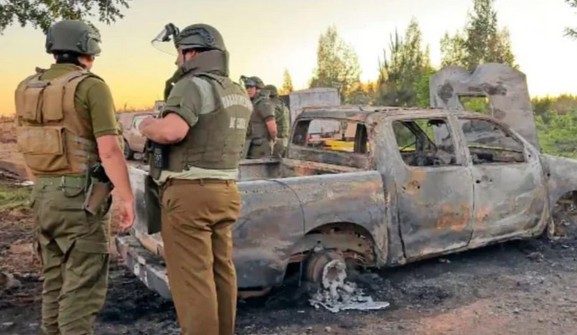
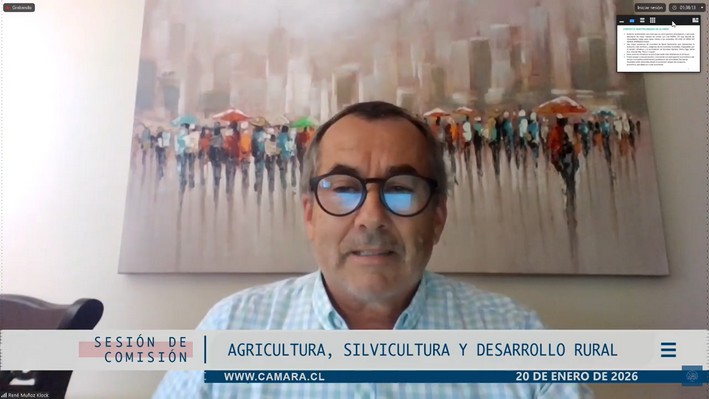
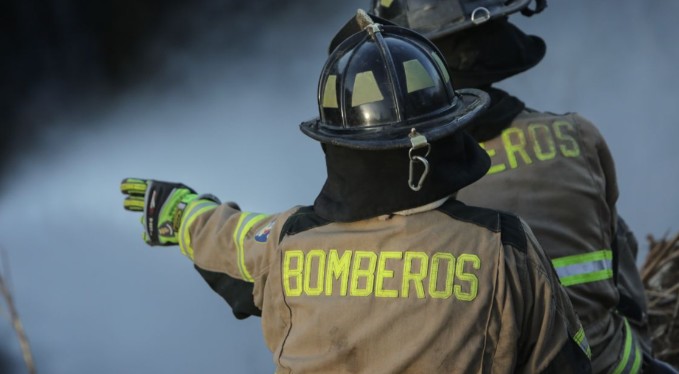
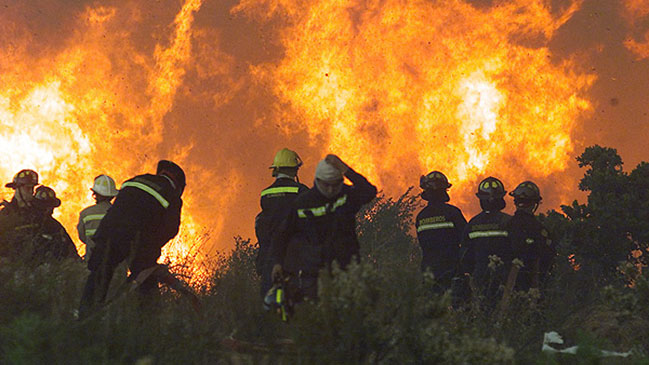
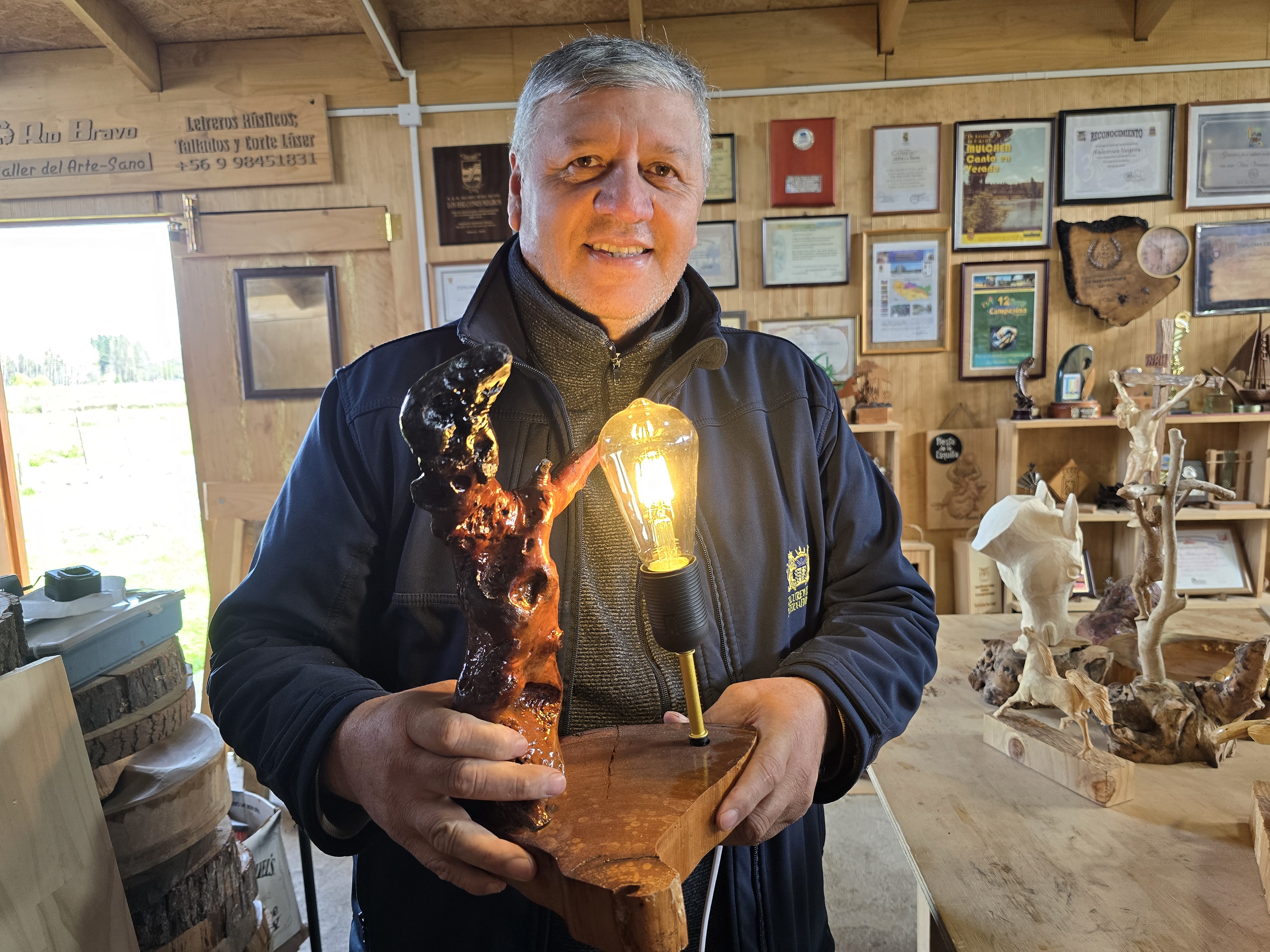
Comments (0)
No comments yet. Be the first to comment!
Leave a comment